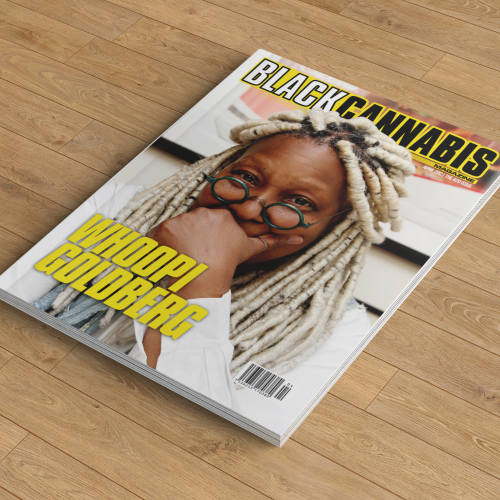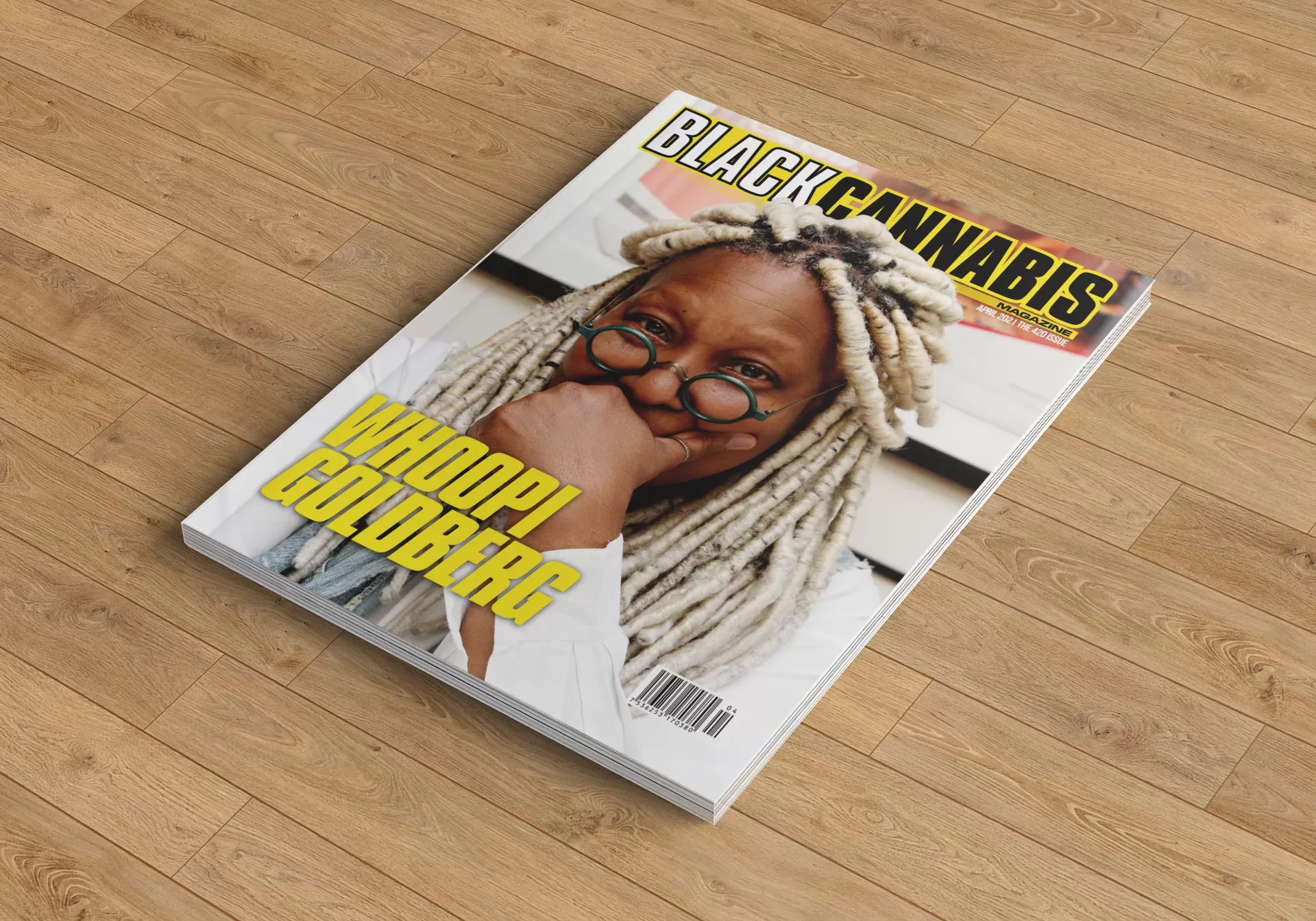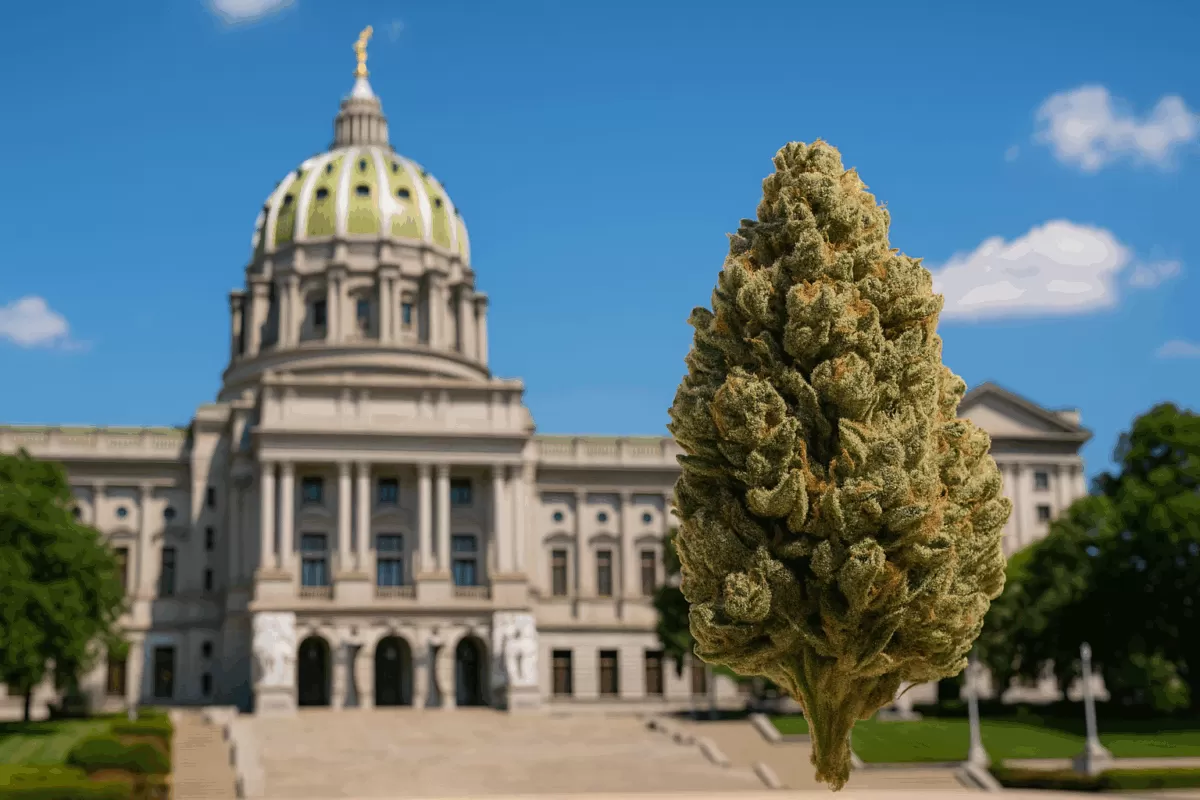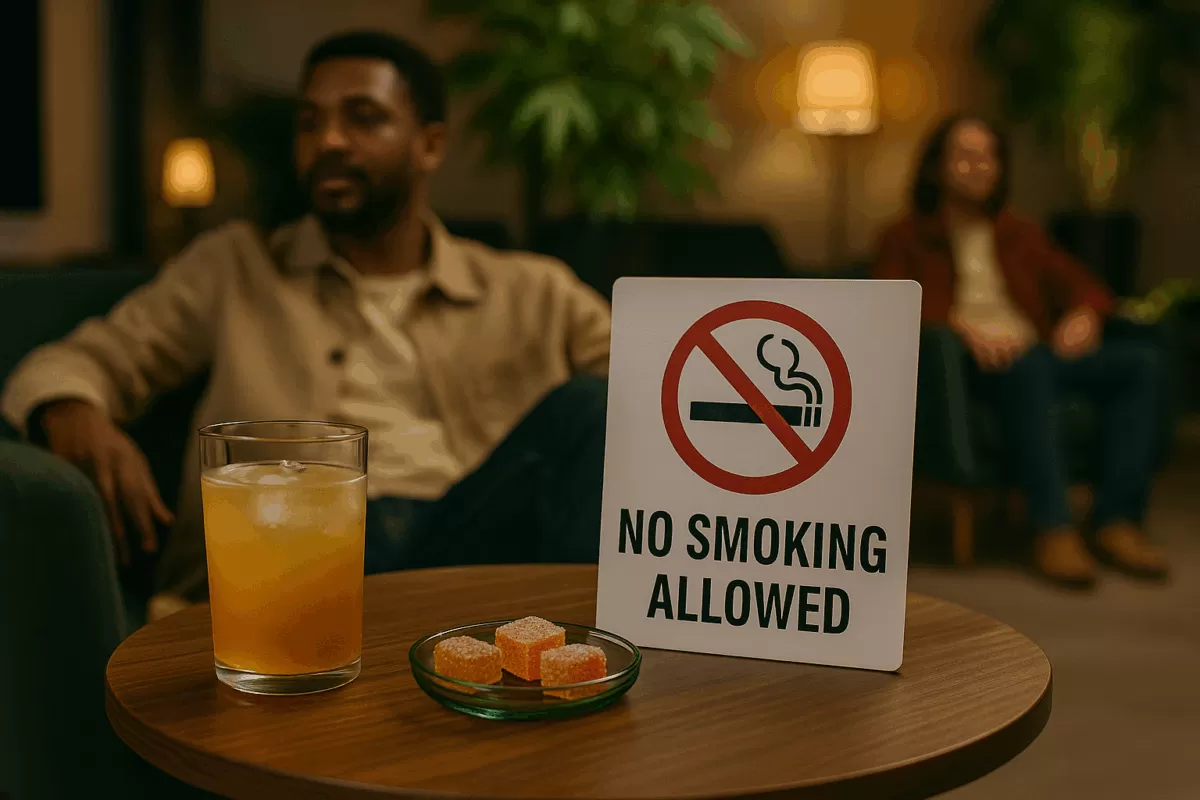The Big Hope Project is a grassroots 501c3 organization led by two Haitian-American brothers born and raised in Dorchester, Massachusetts. Their mission is to reduce the cycle of recidivism by providing direct aid to communities disproportionately impacted by the war on drugs. The Big Hope Project offers a variety of services to help promote equity in the legal cannabis industry and reduce the barriers faced by minority business owners.

 :Mobile Magic Sports
:Mobile Magic SportsOne of the services offered by The Big Hope Project is free record sealing and expungement, which helps individuals clear their criminal records and overcome the stigma associated with prior drug convictions. The organization also hosts workforce education events and outreach programs to educate the community about the Massachusetts Cannabis Social Equity Program.

 :Mobile Magic Sports
:Mobile Magic SportsThe Big Hope Project aims to close the information gap on expungement eligibility and social equity in the cannabis industry for Black, Indigenous, and People of Color (BIPOC) as well as citizens returning to the community after incarceration. The organization conducts ongoing diversity, equity, and inclusion (DEI) efforts in communities disproportionately harmed by the War on Drugs, marijuana prohibition, disproportionate arrest, and incarceration.

 :Mobile Magic Sports
:Mobile Magic SportsThe Big Hope Project hosts a variety of no-cost events, including seminars, business-to-business (B2B) networking, and legal support services focused on record expungement. These events provide valuable resources and support to individuals looking to enter the legal cannabis industry and overcome the barriers they face.

 :Mobile Magic Sports
:Mobile Magic SportsThe cannabis industry has brought significant economic benefits to Massachusetts, with over $4 billion in revenue in 2022 and more than 27,000 jobs created. However, these benefits are not being shared with the people who need them the most, according to activists. The high initial costs of building a dispensary, ranging from $300,000 to over $1 million, coupled with the legal barriers and the stigma surrounding the illicit cannabis trade, pose significant hurdles for minority business owners.
Co-Branding and “Black Labeling”
The Big Hope Project recently launched a “Black labeling” program that certifies a cannabis product is coming from a Black-owned business. While co-branding can lead to exploitation for minority business owners, it can also be a powerful asset if done correctly.

 :Mobile Magic Sports
:Mobile Magic SportsLegacy Professionals and Restorative Justice
At Panacea, legacy cannabis workers shared their unique experiences and knowledge with newcomers to the legal cannabis industry. The Big Hope Project and social equity beneficiaries are collaborating on events that promote restorative justice and offer free education and expungement services.
Recognizing Progress and the Long Road Ahead
The Big Hope Awards, held at Black Market in Roxbury, recognized professionals who have made significant progress in promoting equity in the legal cannabis industry. While acknowledging the progress made, activists recognize that much more needs to be done to counteract years of damage done to communities by the war on drugs.












